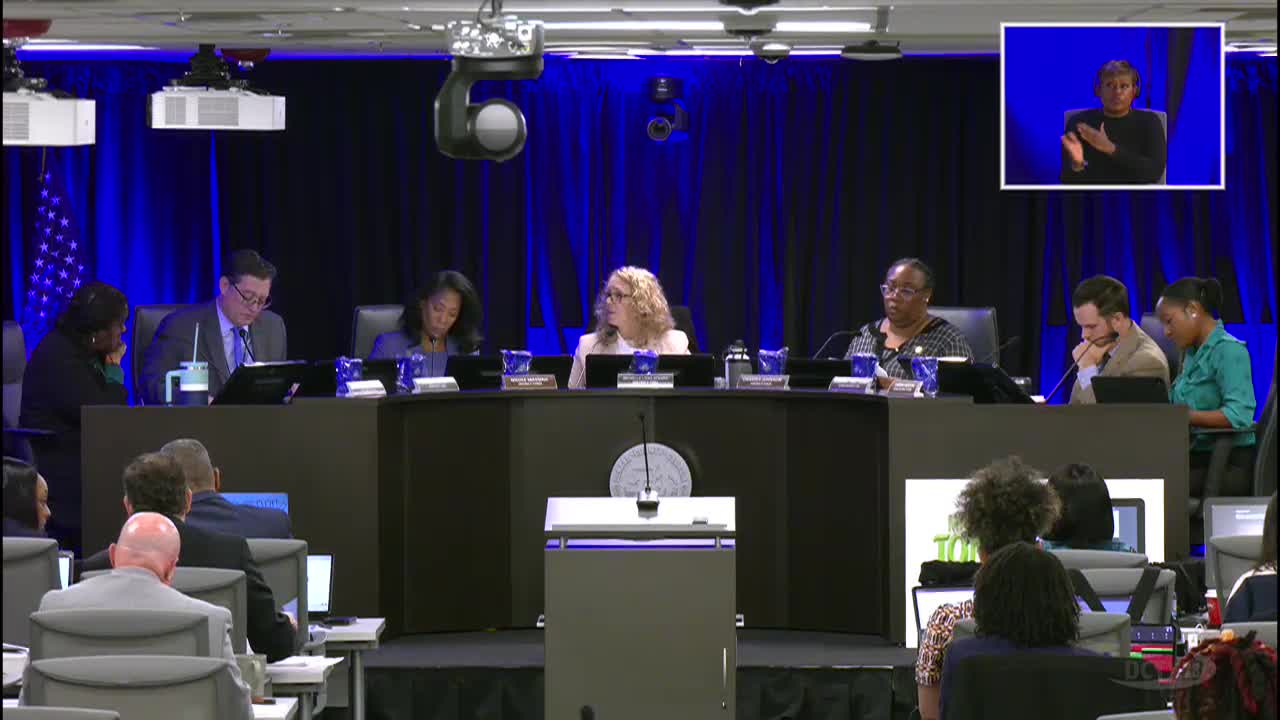Commission adopts watershed capital plan, OKs sewer-upgrade agreement and large wastewater chemical contract
Get AI-powered insights, summaries, and transcripts
Subscribe
Summary
The DeKalb Board of Commissioners approved the Watershed Management 2025–2034 capital improvement plan, authorized sewer upgrades in the Snap Finger area with a private partner, and approved a major sanitary‑sewer chemical contract.
The DeKalb Board of Commissioners on March 11 approved a set of watershed-management items that included adoption of the county'025–2034 capital improvement plan (CIP), authorization of a sewer upgrade agreement tied to a private development, and approval of a countywide chemical root-control contract for sanitary sewers.
Why it matters: DeKalb—ounty's water and sewer infrastructure investments affect service reliability, environmental compliance and ultimately customer rates. Approving the CIP and specific contracts advances projects that county staff say are necessary to address aging infrastructure and regulatory obligations.
What the board approved - Watershed capital improvement plan (2025–2034): The board voted to adopt the plan after a motion by Commissioner Robert Patrick. The plan sets the capital project priorities and funding framework for the next decade. - Sewer upgrades agreement: The board approved an agreement to construct and finance sewer upgrades in the Snap Finger/Bridal area with Gustavia Village LLC (company name shown in the agenda details). The vote followed committee review and staff confirmation of the agreement details. - Sanitary-sewer chemical root control: Commissioners approved a multi-year contract award to Duke—ngineering (agenda shows Duke's Root Control Inc. as the recommended vendor) for chemical root-control treatment of the gravity sewer system. The agenda listed the amount not to exceed $19,685,670. - Georgia Power authorization: The board authorized county action related to Georgia Power (for an Eastman matter) for a Watershed Management site at 1640 Road Haven Drive.
Public comment and context: Several members of the public used the meeting's public-comment portion to raise concerns about sewer rates, transparency and SPLASH 2 (the county—apital/SPLOST process). Clarence Williams criticized the recent water/sewer rate increases during public comment, framing the matter as a deeper governance concern; Steven Binney asked for more transparency around SPLASH 2 citizen engagement and expressed frustration that a citizens advisory board was not formed for the second SPLOST cycle. Those comments came ahead of the watershed votes and were noted by commissioners.
Questions and follow-up - Commissioners asked staff about specific developer and agreement details; staff indicated the company name and agreement specifics would be included in the final contract paperwork. - Commissioners also asked for clearer agenda cover sheets and recommended including company names in the agenda text when appropriate.
Outcome and next steps: The CIP and the sewer-upgrade agreement were approved by majority vote. Staff will finalize agreements, begin project procurement and continue to brief commissioners on implementation timelines and funding. The chemical root-control contract will move to vendor onboarding and scheduling of treatments across targeted sewer segments.
Ending: The watershed approvals were among the higher-profile infrastructure items on the March 11 agenda and follow prior board discussions about rate setting, capital investments and regulatory compliance.
